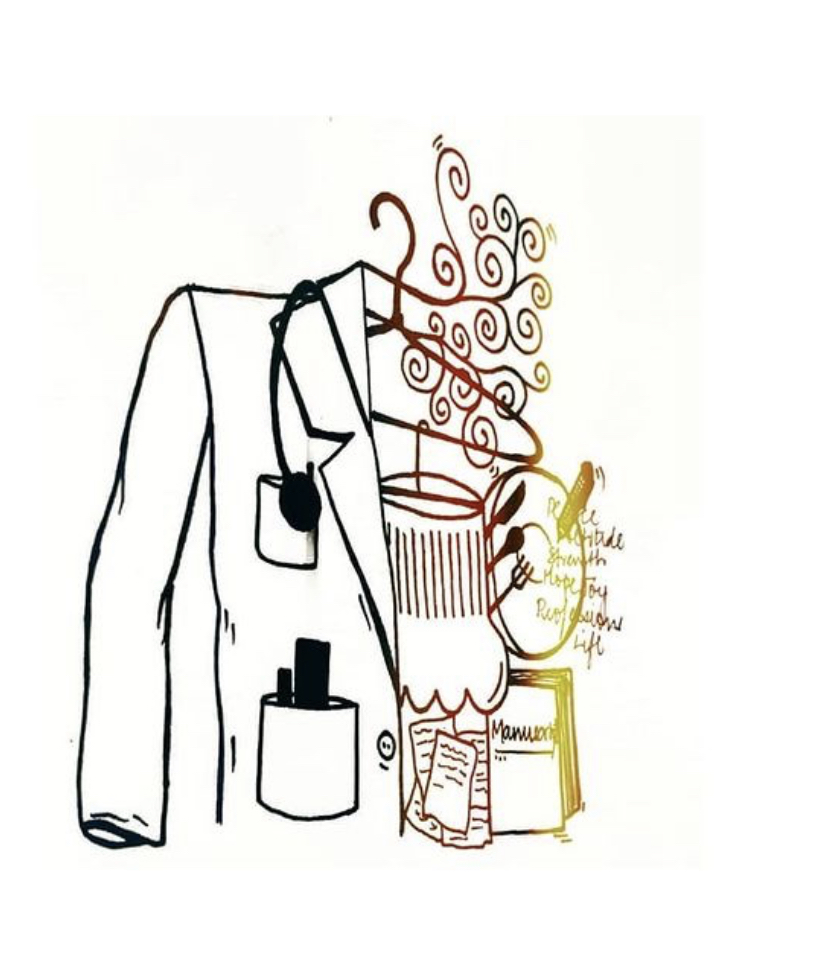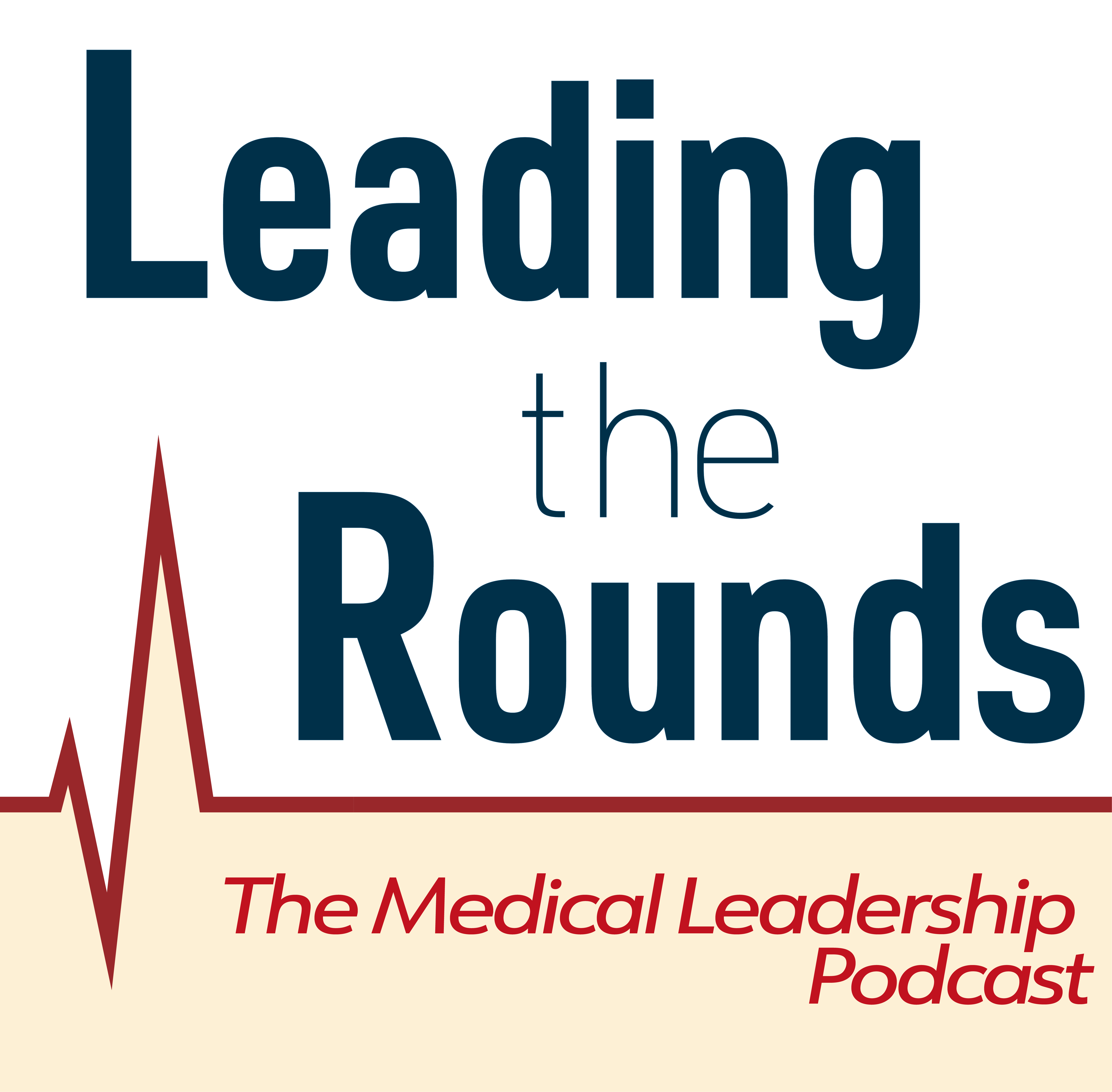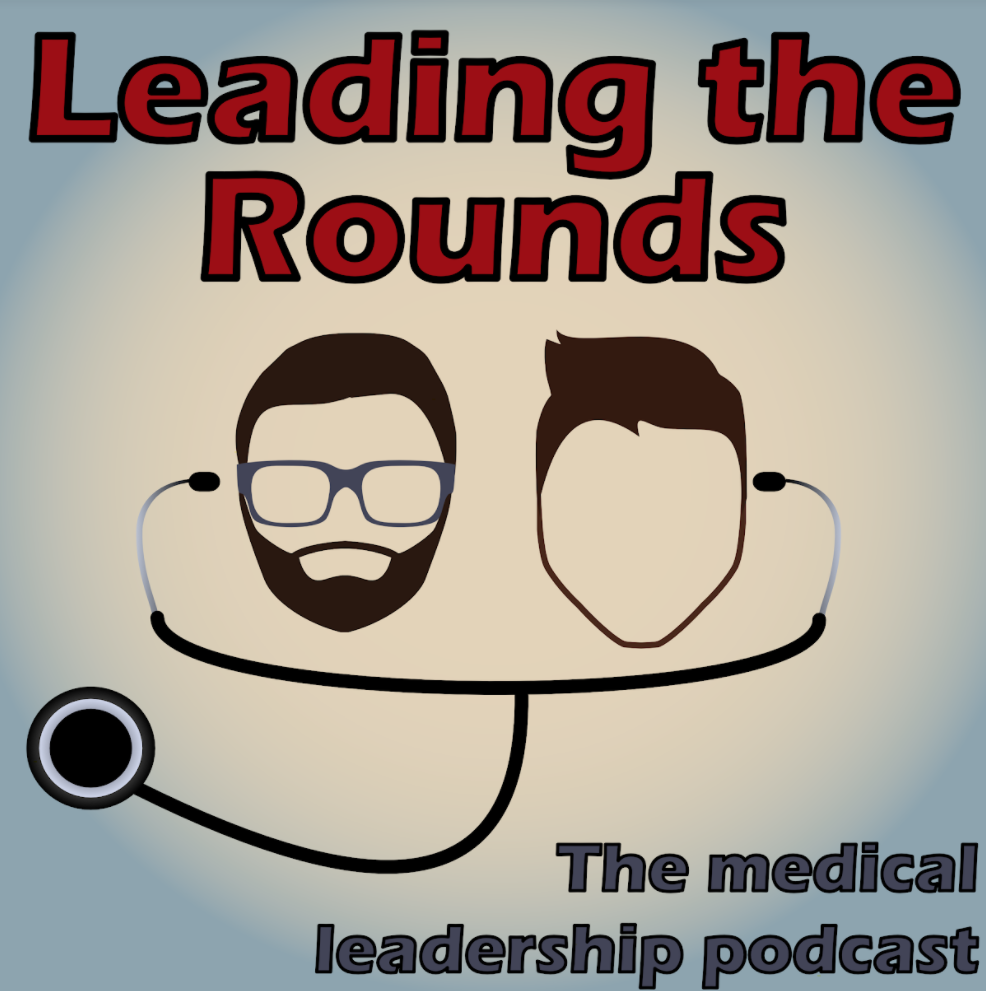Q&A with Dr. Jason Ryan, MD, MPH
Most students recognize Dr. Jason Ryan as the creator of the Boards & Beyond (B&B) video series. His modules have been lauded for being concise enough to target board prep, yet comprehensive enough to strengthen a student’s understanding of (often) some very challenging content areas. While he may be well known for his video lectures, we decided to go “beyond” in this Q&A.







